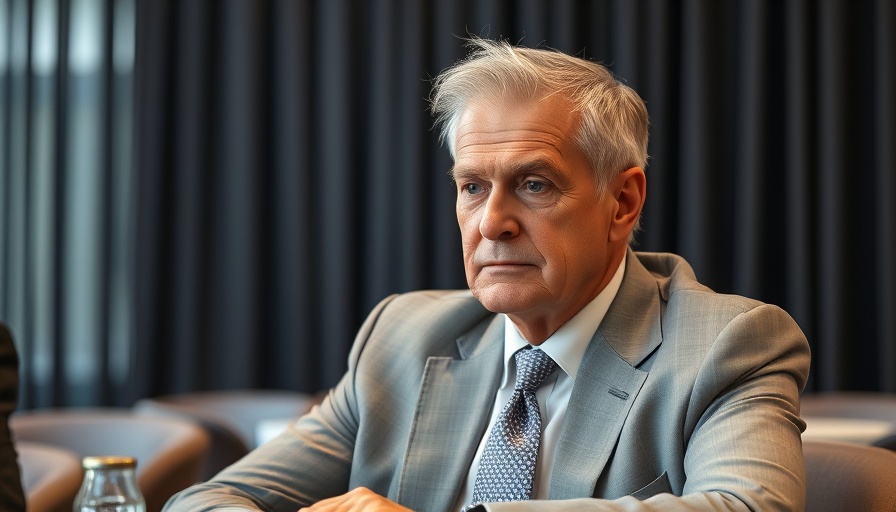
RFK Jr.'s Bold Promise on Vaccine Injury
Robert F. Kennedy Jr., a prominent figure known for his stance against vaccines, has made headlines by promising to "fix" the government’s Vaccine Injury Compensation Program (VICP). This program was established to provide compensation to individuals harmed by vaccines, and Kennedy's recent comments resonate strongly with the grievances of many individuals who question vaccine safety.
Why This Matters to Many Americans
The call to reform the VICP has gathered attention from both supporters and critics of vaccination. Many in the anti-vaccine community feel that the program is inadequate and doesn’t address their concerns about potential vaccine injuries. This sentiment has led to greater divides in how people perceive vaccines and the overall trust in public health systems.
Understanding the VICP
The Vaccine Injury Compensation Program is crucial as it provides an avenue for individuals to seek compensation for serious adverse effects from vaccines. However, skeptics argue that it lacks transparency and accessibility, potentially leaving many affected individuals with insufficient support. Understanding the intricacies of this program sheds light on why Kennedy’s words have struck a chord with many.
Historical Context and Public Sentiment
Historically, vaccine hesitancy has fluctuated in the United States, often mirroring broader public health crises. For example, during the COVID-19 pandemic, vaccine skepticism surged as people sought answers that healthcare systems struggled to provide. Kennedy's appeal isn’t just focused on the vaccine program; it encapsulates a larger narrative about healthcare, trust, and government communication with the public.
The Future of Vaccine Advocacy
As the dialogue around vaccines continues to evolve, many wonder about the implications of Kennedy’s statements. Will they inspire further reforms, or will they deepen divisions among the public? The outcome could shape the future of vaccine advocacy and how programs like the VICP are re-evaluated or restructured in the coming years.
A Call for Comprehensive Dialogue
Amid heightened emotions surrounding vaccine discussions, a comprehensive dialogue is essential. Engaging different perspectives serves not only to bridge gaps but also to inform better policies that address the concerns of all stakeholders. Kennedy’s focus on fixing the VICP can be a starting point for broader conversations about vaccine safety and public health.
 Add Row
Add Row 

 Add
Add 


Write A Comment